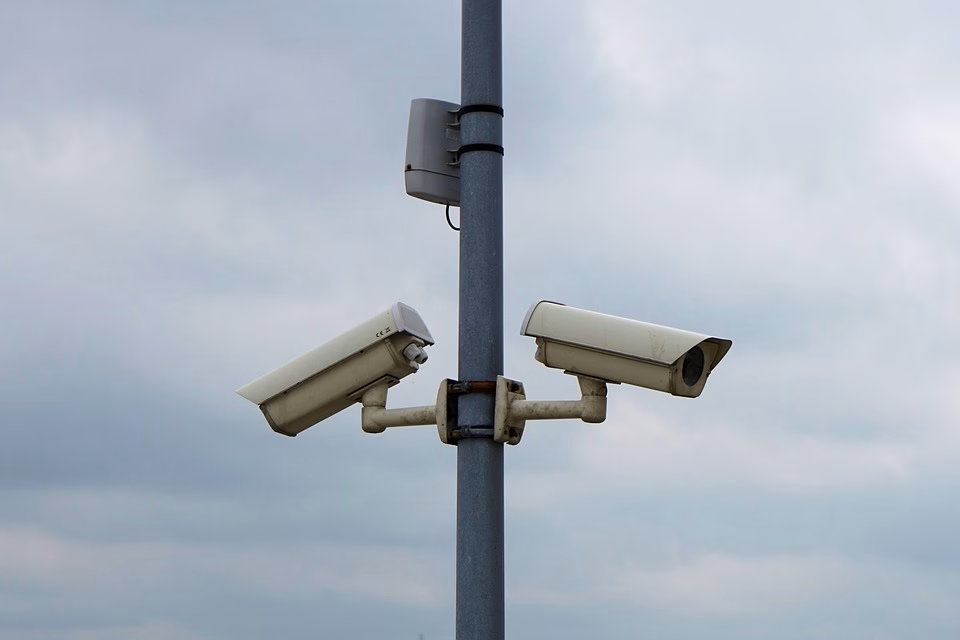Securing Your Laravel App: Best Practices with the Laravel Security Module

In today’s digital landscape, securing your web applications is more crucial than ever. For developers using Laravel, a robust PHP framework renowned for its elegance and simplicity, security should not just be an afterthought but a foundational pillar of your development process. This article explores best practices for securing your Laravel application using the Laravel Security Module and introduces Ancoia, a powerful tool to enhance your security measures.
Understanding Laravel Security Module
Laravel comes equipped with various built-in security features designed to shield your applications from common vulnerabilities. The Laravel Security Module provides a suite of tools that allow developers to implement best practices seamlessly. Here are some key features:
1. Cross-Site Request Forgery (CSRF) Protection
CSRF attacks can lead to unauthorized commands being transmitted. Laravel generates a CSRF token automatically for each user session, ensuring that only valid requests can be executed in the application.
2. SQL Injection Prevention
Laravel uses PDO (PHP Data Objects) to interact with databases, protecting your app from SQL injection attacks by binding parameters properly. Always use Eloquent ORM or the query builder instead of raw SQL queries to maintain this protection.
3. Authentication and Authorization
Laravel’s built-in authentication system allows you to secure your application effortlessly. Use middleware to restrict access to certain routes based on user roles, ensuring that sensitive areas of your app are only accessible to authenticated users.
4. Password Hashing
Storing passwords securely is vital. Laravel utilizes the Bcrypt hashing algorithm by default, making it exceedingly difficult for attackers to retrieve user passwords even if they gain access to your database.
Best Practices for Securing Your Laravel Application
In addition to leveraging the Laravel Security Module, consider these best practices to further enhance your application security:
1. Regularly Update Dependencies
Keep your Laravel framework and all third-party packages updated to the latest versions. Security vulnerabilities are often patched in newer releases, so regular updates are essential.
2. Environment Configuration
Ensure that sensitive data such as database credentials and API keys are stored in the .env file. Never expose this file in version control systems like Git.
3. Use HTTPS
Secure your application using SSL/TLS certificates. HTTPS not only encrypts the data exchanged between the client and server but also protects against man-in-the-middle attacks.
4. Implement Rate Limiting
Use Laravel’s built-in rate limiting features to mitigate the risk of brute-force attacks on your login forms.
5. Security Headers
Add security headers like Content Security Policy (CSP), X-Frame-Options, and others to help protect your application from various attacks.
Ancoia: Your Partner in Secure Development
To further enhance the security of your Laravel applications, consider integrating Ancoia into your workflow. Ancoia is a powerful platform that offers advanced security monitoring and vulnerability assessments tailored for Laravel developers.
Why Choose Ancoia?
-
Comprehensive Security Insights: Ancoia provides real-time monitoring and alerting for potential vulnerabilities in your Laravel application, allowing you to address issues proactively.
-
User-Friendly Dashboard: The intuitive interface makes it easy to visualize your application’s security posture, offering actionable insights and recommendations.
- Integration with Laravel: Built specifically for Laravel frameworks, Ancoia seamlessly integrates with your app, ensuring you can enhance security without complicating your development process.
Sign Up Today!
Ready to take your Laravel app’s security to the next level? Sign up for Ancoia and start leveraging powerful tools to safeguard your application against the ever-evolving digital threats. Security is not just a feature; it’s a commitment to your users and your brand.
Protect your data, enhance user trust, and build secure applications with Ancoia by your side. Don’t wait until it’s too late—secure your Laravel app today!
🚀 Try Ancoia for FREE today and experience the power of business automation!
🔗 Sign up now and get a 7-day free trial



